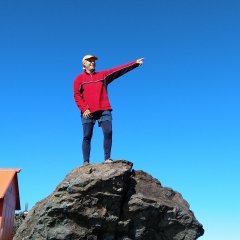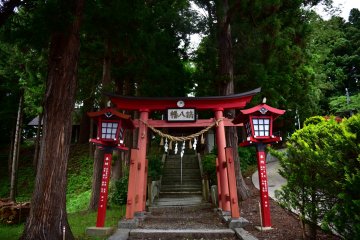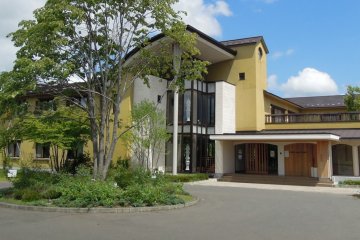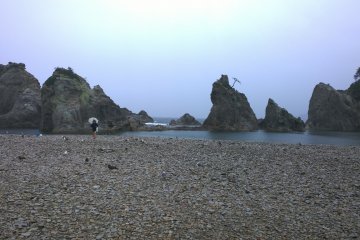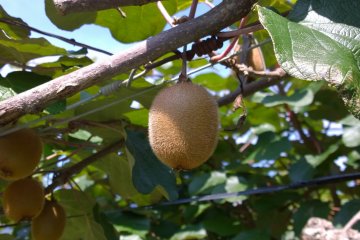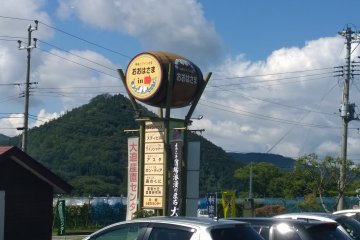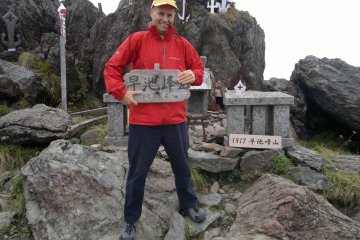Ohasama in Iwate is a small town with a very rich history which will probably appeal to nature lovers in particular. You might not be able to find much information on regular tourist brochures, just because of its size, but I hope to be able to change that.
This time I will focus on nature's bounty in fall. The town Ohasama was merged with Hanamaki in 2006 as were many other small towns around the country at that time. Ohasama has a local dance called Hayachine Kagura that was inducted in UNESCO's World Intangible Cultural Heritage. It's a dance that dates back over 500 years, and it is performed on special occasions.
In addition to the Kagura dance, Ohasama is home to Mount Hayachine, Iwate's second-highest mountain; it is a favorite of hikers from around the country. If you want to climb it and are lucky enough to have a clear day the view from the top is incredible, as we can see Miyako on the East coast. Miyako is part of the Sanriku coast that stretches from Miyagi Prefecture in the South to Aomori Prefecture in the North. Maybe you don't know about Miyako, but there is a good chance you saw it in the news after the 2011 earthquake and tsunami. The video of the tsunami hitting the city hall was played over and over in the news. It looks a lot better now after the cleanup. On the other side, West of Mount Hayachine, there is a long plateau that goes from Ichinoseki in the South to Morioka in the North. We can also see the cities Shiwa and Hanamaki from the top of the mountain. At the base of Mount Hayachine is Hayachine dam, which produces electric power for the region. There is also a rest area and restaurant, open in summer only. On top of that, Ohasama is home to Edel wine, a locally made wine. It comes in many varieties of reds and whites. In September they have a wine festival where you can see some girls crush grapes with their feet just like in Europe.
My favorite way to get there is by bicycle, from Hanamaki it's about 35 kilometers. While riding on the country roads in fall the sights and smells are absolutely incredible. I have been going there every weekend since the beginning of September, of course you can go there anytime in spring or summer and stop at the local michi-no-eki (road station or rest stop). Each one of those rest areas has its specialty foods, for example a variety of grapes in September and locally made ice cream, and if you are lucky you can get some wild kiwis in the fall, too. I encourage you to go and have a look for yourself. Happy trails!


